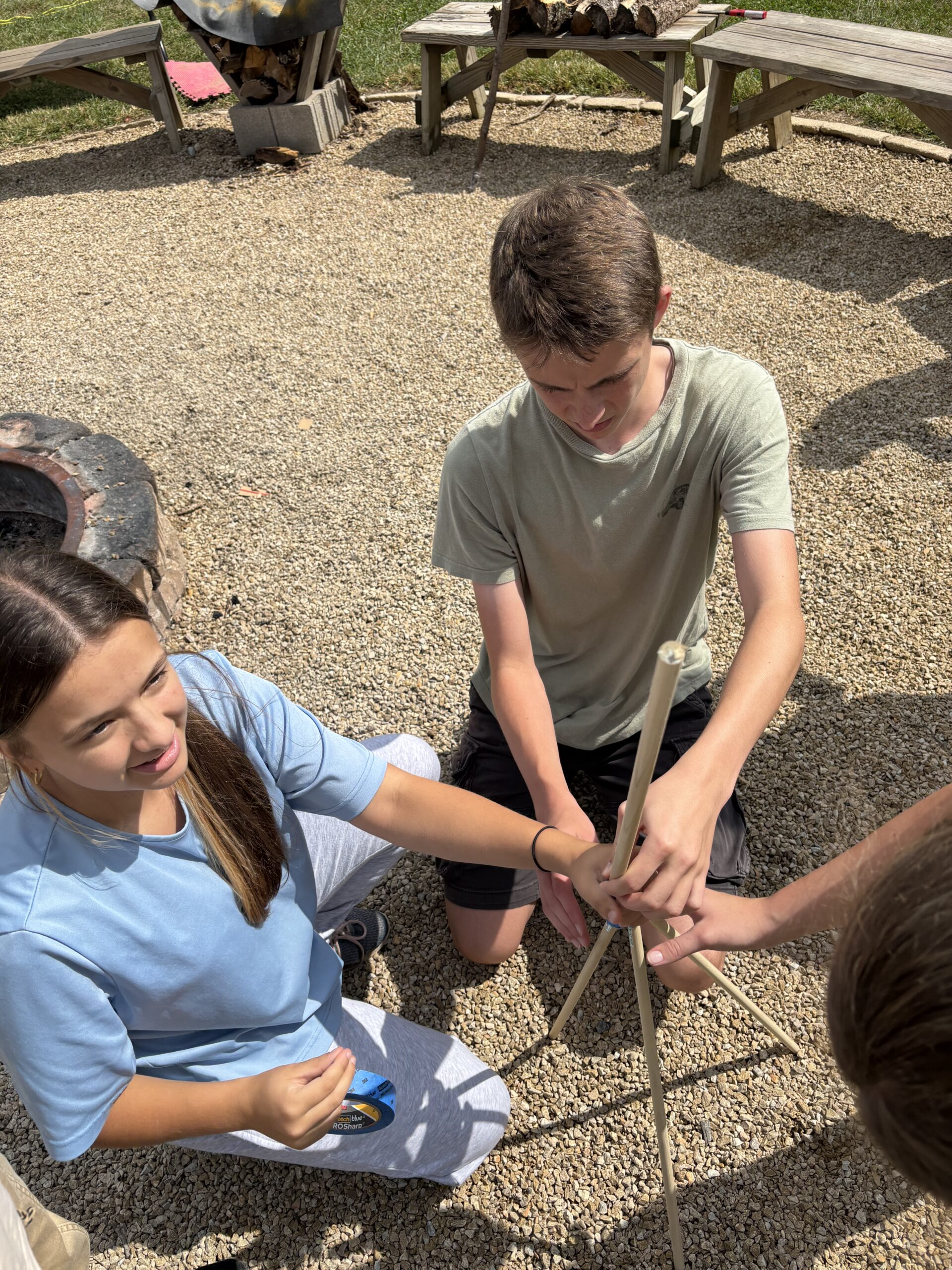Blog


Why Leadership Development in High School Matters More Than Ever
When families ask, “Why does leadership matter so much in high school?” the answer is simple: because the world demands it more than ever. Students today have more choices after graduation, and their long-term success depends not only on what they know but also on how they lead.
A Shift in Post–High School Paths
According to the U.S. Bureau of Labor Statistics, only 61.4% of recent high school graduates enrolled in college in 2023, and 62.8% in 2024. Nearly 4 in 10 graduates chose a different path—whether joining a trade, launching a business, or taking a gap year.
A 2025 Deloitte survey found that 31% of Gen Zs chose not to pursue higher education immediately. Instead, they explored entrepreneurship, creative work, or service-based careers. Clearly, college is not the only destination—but leadership remains the common requirement for success.
“Whether your child becomes a doctor, designer, or tradesman, leadership is the bridge between talent and impact.”
— Josh Ater, Head of School, Royalmont Academy
Employers Agree: Soft Skills Are the Missing Link
Employers consistently report that young hires lack essential soft skills. In 2024, Forbes revealed that managers see major gaps in communication, problem-solving, and teamwork among Gen Z employees. In fact, 40% of managers believe Gen Z is unprepared for work, and 70% cite weak communication skills as the main issue (FranklinCovey, 2024).
A British Council study echoed these findings: 70% of business leaders said Gen Z workers struggle with communication, and 41% believe new graduates are unprepared for the workforce. These statistics highlight an urgent truth—knowledge alone is not enough anymore.
“You can’t mass-produce leadership. It requires one-on-one accompaniment.”
— Christine Gladden, Assistant Principal, Royalmont Academy
What Are Soft Skills—and Why They’re Not “Soft”
Soft skills are the real-world abilities that make people effective in every environment. They include:
-
Communication and listening
-
Collaboration and teamwork
-
Emotional intelligence and empathy
-
Initiative, creativity, and resilience
-
Leadership presence and accountability
Decades of research from Harvard, Stanford, and the Carnegie Foundation show that 85% of career success comes from soft skills, not technical ability. Clearly, leadership and emotional intelligence open more doors than test scores ever could.

The Royalmont Advantage: Leadership Through Formation
At Royalmont Academy, leadership development is not an afterthought—it’s the foundation. Our small class sizes, faith-based mission, and individualized formation allow us to recognize and grow leadership potential in every student.
1. Personal Accompaniment
In large schools, students can disappear in the crowd. However, at Royalmont, every student is known—their gifts, goals, and growth areas. Teachers guide and challenge them daily, offering real feedback that builds both competence and character.
2. Integrated Leadership Curriculum
Leadership isn’t limited to one elective. Instead, it’s embedded throughout the Royalmont experience:
-
CEDE Electives (Character, Excellence, Discipleship, Engagement)
-
Retreats and leadership labs
-
Service projects and campus ministries
-
Mentorship groups and student-led clubs
As a result, students internalize the habits of servant leadership: courage, humility, and initiative.

3. Real Feedback and Real Growth
Because of our small community, feedback is immediate and personal. Students lead projects, plan events, and reflect through journals and peer review. This “practice–reflect–grow” cycle transforms leadership theory into authentic formation.
What 7th & 8th Graders Love About Leadership at Royalmont
If you’re a middle school student, here’s what you’ll notice right away:
-
You’ll lead early. You’ll take charge of projects, service teams, and group challenges.
-
You’ll speak up. Public speaking and teamwork are part of your weekly rhythm.
-
You’ll be known. Teachers mentor you personally, helping you find your strengths.
-
You’ll make a difference. Leadership means service, and you’ll practice it daily.
-
You’ll grow real confidence. You’ll develop courage, communication, and empathy.
The Royalmont Difference
| Feature | Big Schools | Royalmont Academy |
|---|---|---|
| Student-Teacher Ratio | High, impersonal | Low, individualized |
| Leadership Opportunities | Extracurricular, optional | Integrated, expected |
| Feedback Cycle | Slow and generalized | Immediate and personal |
| Accountability Culture | Fragmented | Relational and consistent |
| Growth Measurement | Based on GPA | Based on virtue and leadership |
At Royalmont, leadership formation is not an add-on. It’s a way of life. Our graduates lead with faith, humility, and courage—the same virtues modeled by our mascot, the Cristeros.
Ready to See Leadership in Action?
If you’re a parent wondering how your child can grow as a confident leader—or a junior high student eager to make an impact—come experience Royalmont Academy in person. Visit our classrooms, meet our mentors, and see leadership formation alive in every hallway.
👉 Schedule a Visit to Royalmont Academy
Frequently Asked Questions
Q: Does every student become a leader at Royalmont?
A: Leadership looks different for each person, but every student learns to lead through service and collaboration.
Q: What if my child isn’t “naturally” a leader?
A: That’s exactly who we love to teach. With encouragement and coaching, students discover their unique strengths.
Q: My child may not attend college. Is Royalmont still a good fit?
A: Absolutely. Leadership and soft skills are valuable for every career—from trades to ministry to business.
Q: How is leadership measured?
A: Through projects, feedback, reflection, and growth over time.
Learn More
- The Benefits of Small Class Sizes: Why Personalized Education at Royalmont Academy Makes a Difference
- Leadership Through Faith: Forming Servant Leaders at Royalmont
- Catholic School vs. Public School: What Parents Need to Know Before Deciding
- Harvard Business Review: The Case for Soft Skills in a Hard World
Discover the Royalmont Academy Difference
Imagine a school where students are known, formed, and prepared to lead — not just for college, but for life. At Royalmont Academy, we nurture academic excellence, leadership, and faith at every stage, from preschool through high school. Request information, schedule a visit, or begin your journey with us today.